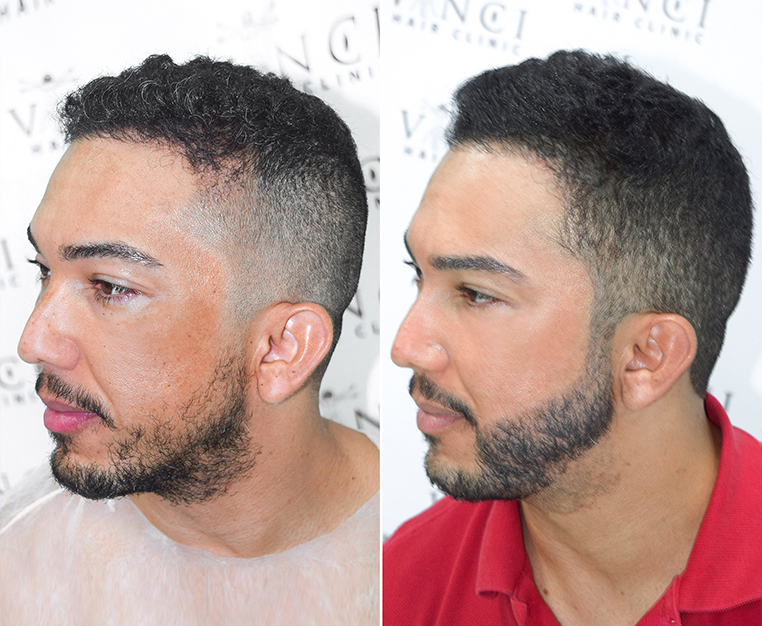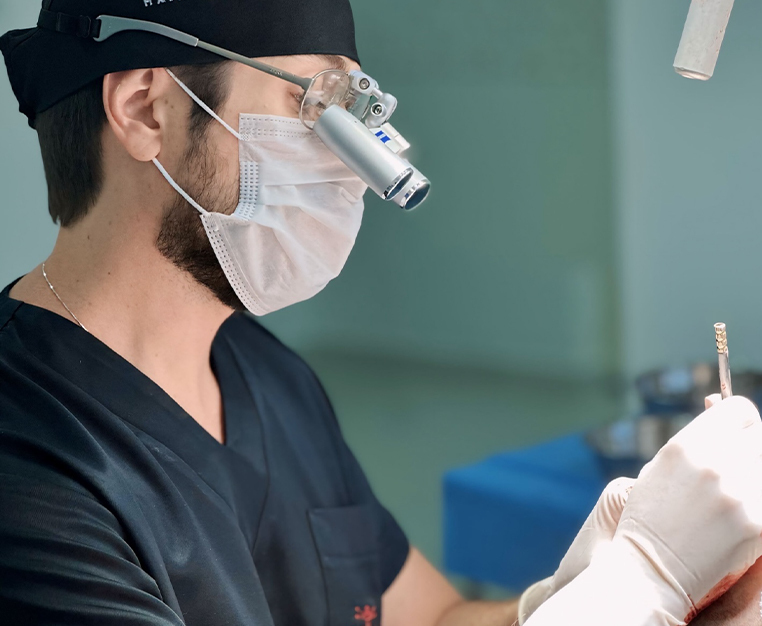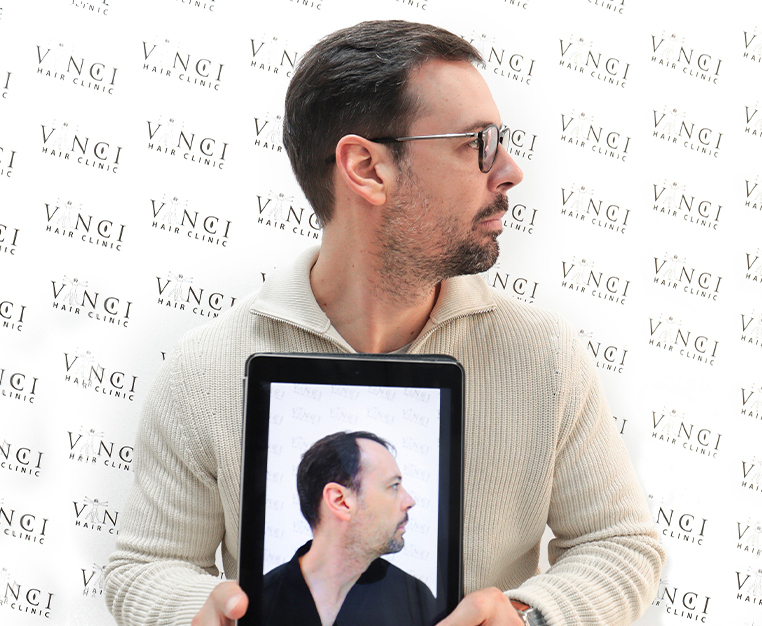Top UK TV personality Dave Myers, better known as one of the Hairy Bikers, made the news recently when he gave the public an update on the state of his health. Myers revealed that he was battling cancer earlier this year, and he is still very much in the middle of that fight. The chemotherapy treatment he has undergone has robbed him of his famous long hair. That experience will be familiar to the thousands of people who receive cancer treatment every year.
Losing your hair is never easy. Losing it when you’re seriously ill and at a low ebb anyway has to be the worst. In this article, we’re going to look at the details of hair loss after chemotherapy and some ways of coping with it.
Effects
Different chemotherapy drugs can cause different reactions, while the strength of the dosage given can also produce varying results. In practical terms, this means that the treatment could result in partial hair loss or the loss of hair from every part of your body. Myers, for example, mentioned that his treatment had left him with sore, irritated eyes because it had caused his eyelashes to fall out. It’s important, therefore, that you speak to the doctor supervising your treatment to get a full picture of what’s ahead. That way, you can be better prepared for what’s to come.
Hair fall can often happen within a month of the treatment commencing. How quickly this happens will depend upon the drug used and the dosage given. It can fall out gradually or suddenly in clumps. There is no effective method of preventing hair loss after treatment. Using minoxidil may help with hair growth once your treatment is over, but it won’t stop hair loss while treatment is ongoing.
Personal Responses
The hair loss that follows chemotherapy affects individuals differently. Not everyone, for example, wants to share the fact that they have a serious illness with the whole world, but sudden, dramatic hair loss forces you to share at least some details with other people. Myers’ case is not typical, as he has a public profile, but it is interesting to note that while he revealed his cancer diagnosis in May, he has never spoken of which type of cancer he has.
For some people, getting through the treatment and regaining their health are the overriding objectives. From that perspective, hair loss is just one more indignity to be endured until that moment arrives. For others whose hair is an important part of their identity, hair loss is harder to take. If the illness is an assault on their health, the hair loss that results is an attack on their sense of self. It becomes almost symptomatic of the overall trauma they are experiencing.
The type of hair loss experienced also elicits very personal responses. Myers’ comments suggest that he is less worried about the loss of hair from his head and more concerned about his eyelashes and beard. ‘I was born with that beard,’ he is quoted as saying. ‘I’m alright with my hair, but I want my beard back.’ Not everyone would react in a similar way.
Coping Strategies
How you cope with hair loss once it happens is a personal decision. Some people choose to wear a wig. Some go for head scarves or wear a hat. Still others will simply brave the stares and comments and leave their head uncovered. Finding a support group and discussing these issues with people who have walked the walk can help with this kind of decision.
Organisations like Look Good Feel Better, an international charity that offers support to those with a cancer diagnosis, is a great example. They offer practical support that can include advice from trained professionals on how to cope with the loss of hair, eyebrows and eyelashes. They also provide advice on other coping strategies. Some people will find this type of help invaluable. Others may prefer to soldier on with just the help of close friends and family.
Conclusion
To some people, it may seem that hair loss is way down the list of things to worry about when you’ve been handed a cancer diagnosis. Not so, say many of those who’ve actually experienced it. Losing your hair at a time when you’re sick can seem like the ultimate low blow. The only positive note is that hair loss following chemotherapy is usually temporary; your hair should grow back in a few months.
If you’re worried about the state of your hair, get in touch with Vinci Hair Clinic for some expert advice. We’re one of the leading hair restoration organisations in the world with clinics in many countries. New clients are entitled to a free, no-obligation consultation with one of our hair specialists. Contact us today to book your appointment!





